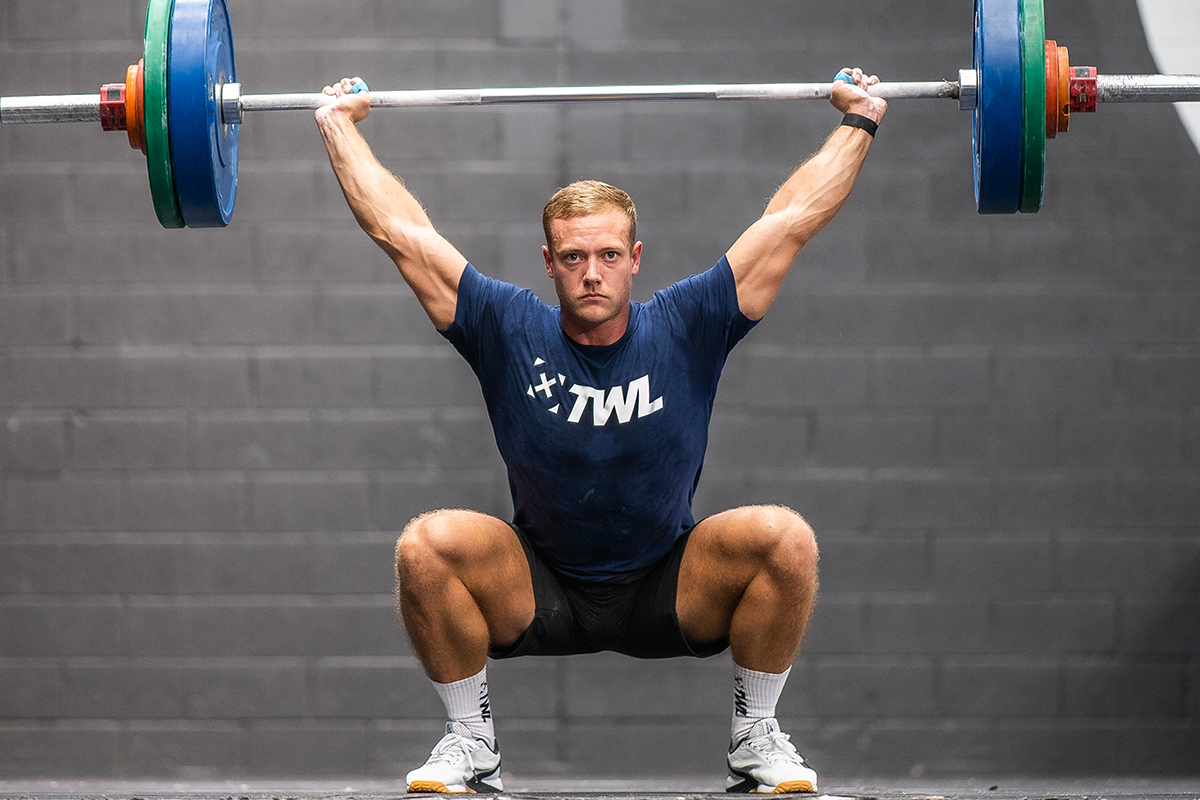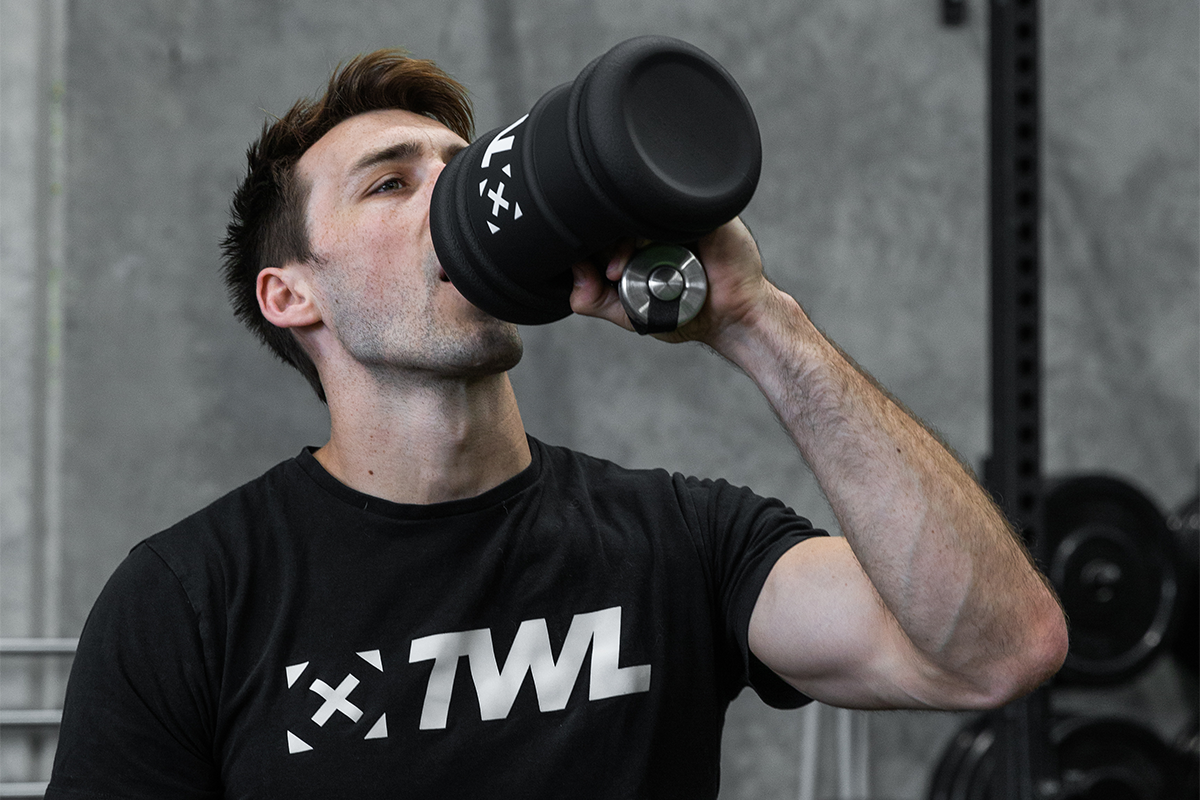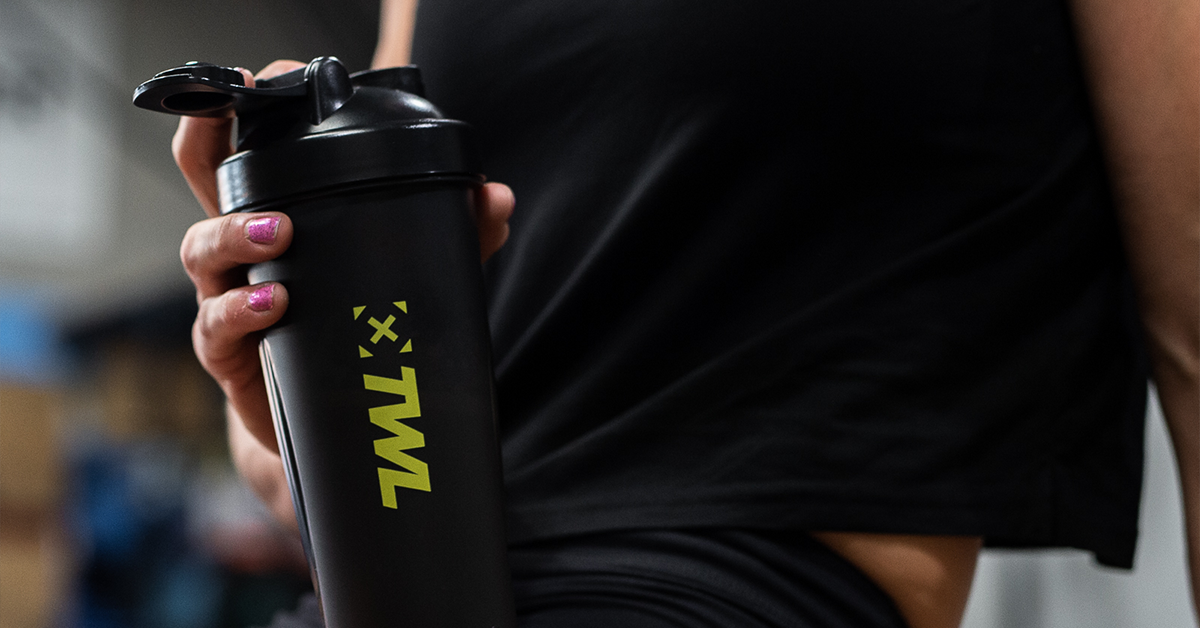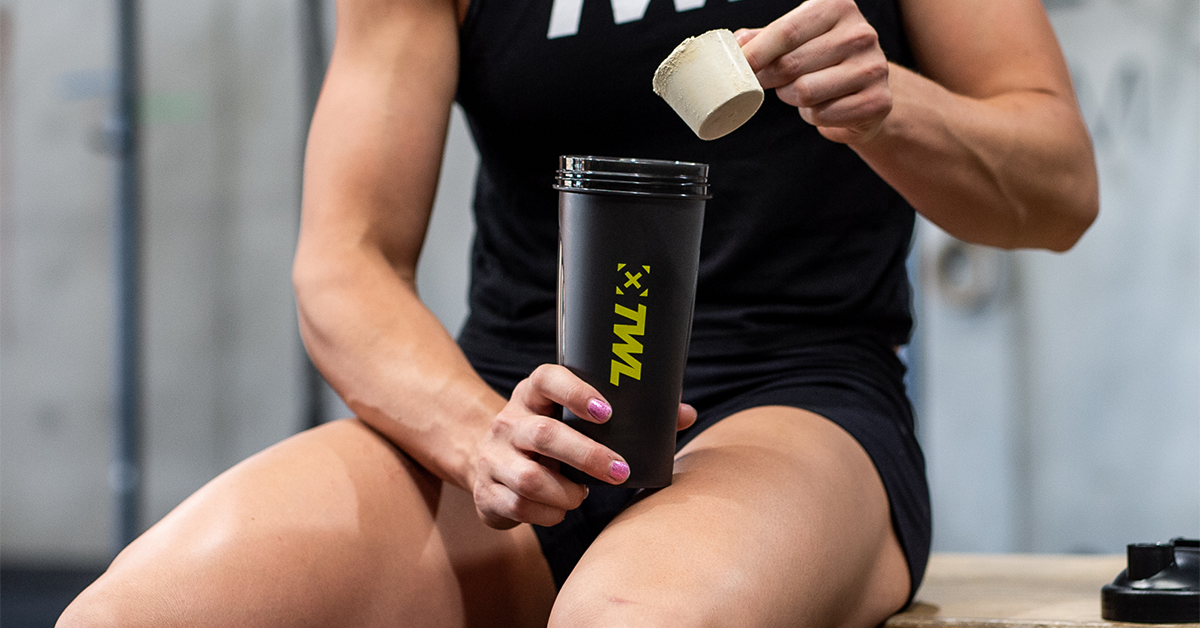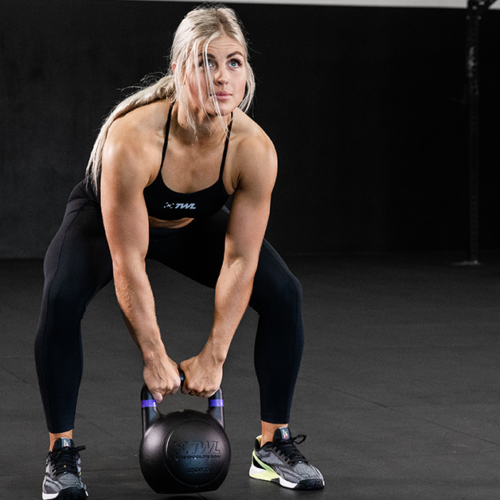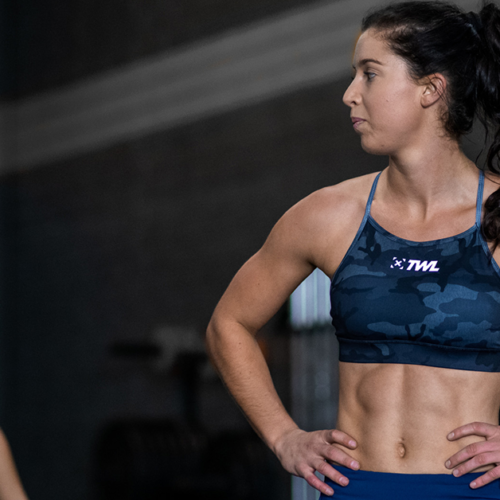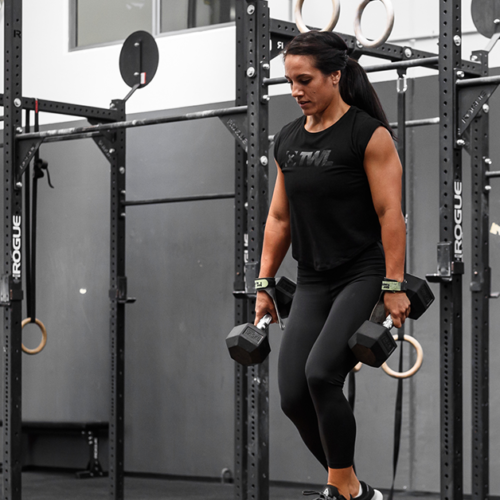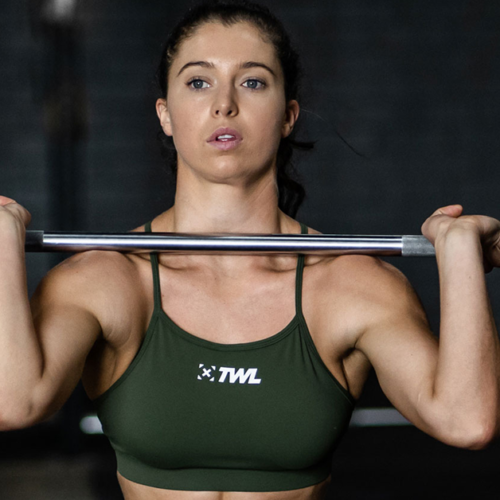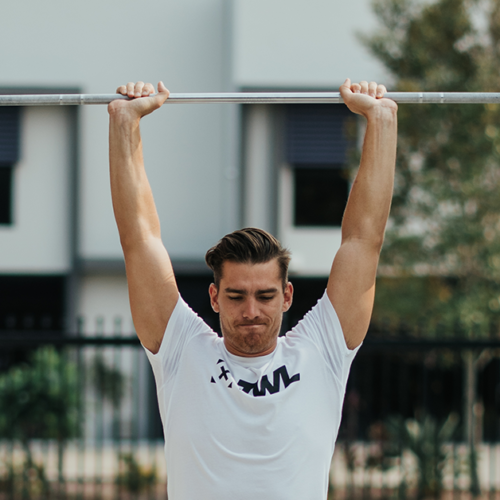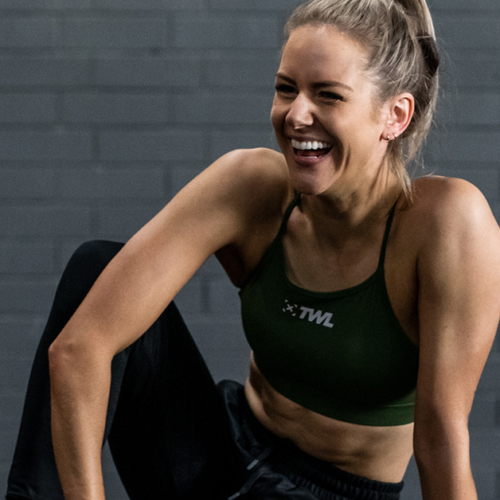There are many nutrition myths out there, but that of the anabolic window has probably caused the most feuds. The truth is this: There is no right or wrong answer.
You have probably heard that chugging a protein shake within an hour or so after strength training is necessary to maximize your gains. While some feel very strongly about the importance of this practice, others think of it as biased information from supplement companies looking to increase their revenue.
Studies conducted by the National Center for Biochemistry Information found that “despite the common recommendation to consume protein as soon as possible post-exercise, evidence-based support for this practice is currently lacking.” An article published in the Journal of the International Society of Sports Nutrition found for most people, food, and protein consumption mattered more throughout the day than in the hour after a workout.
https://www.instagram.com/p/CCkMgQels1D/
In contrast, data published in “Nutrient Timing: The Future of Sports Nutrition” by Drs. John Ivy and Robert Portman in the early 2000s affirmed nutrient timing is a must-do practice when trying to gain muscle.
Taking both sides into consideration, here are the main points you should know about what and when to eat around your workout.
3 Factors in Nutrition Timing
1. For most people, it is the daily total protein intake that matters the most for growing those muscles.
The majority of research shows for most people in most occasions, there is no urgency to eat immediately after a workout. It’s not just about immediate protein consumption for most athletes — there is a bigger picture to consider. Research shows if you are trying to maximize your performance in the gym, it’s more important to focus on getting enough protein and calories throughout the whole day, in addition to focusing on getting enough rest, rather than looking at a single eating occasion.
While eating directly after a workout may have short-term effects, data show the latter method promotes better overall muscle growth and recovery in the long term.
https://www.instagram.com/p/CCdCKV8HaMW/
Athletes who do one class a few times a week should be particularly cautious. Data show for those who partake in a typical exercise lasting 30 to 60 minutes, there is generally no need to refuel because the body has not burned enough calories yet to warrant it.
2. Nutrient timing is important if you are working out again later.
While most athletes do not need to consider meal timing or anabolic windows, consuming carbohydrates after exercise may help endurance athletes if they have another training session later in the day.
The body needs to replenish lost nutrients before yet another calorie deficit so the muscles can recover faster. After a workout, an immediate supply of carbohydrates helps maximize glycogen stores, which can improve performance and recovery.
https://www.instagram.com/p/CCZxVTqoL0E/
Again, this is only really relevant if you are training several times a day or have multiple athletic events in a day. So when participating in a competition, drink your shake after each WOD. If you want to mix it up or don’t like protein shakes, try chocolate milk. Research has suggested chocolate milk is a good recovery drink for endurance sports athletes because of its ideal carbohydrate-to-protein ratio of 4:1.
3. Nutrient planning is effective if you are training in a state of fasting.
Listen up, early-morning WODers — those who you are training in a state of fasting, wherein you have not had anything overnight. Research has found you are more likely to have muscle breakdown and need more recovery time than other athletes and you need to eat in order to switch your net catabolic state into an anabolic one. Ideally, you won’t just stick to protein shakes to do this. The best results are seen when athletes consume protein and carbohydrates together immediately after a workout.
So, do you really need to worry about the infamous window? The answer: It depends. But for the average gym-goer, your first goal should simply be to eat enough, and to eat enough of the right things.
Baby steps.



